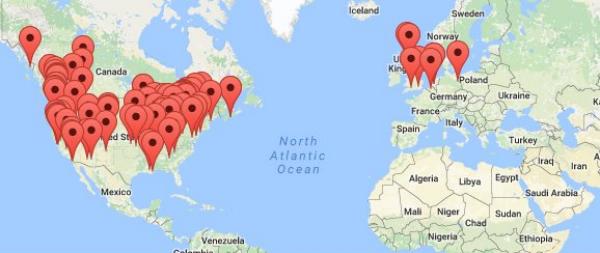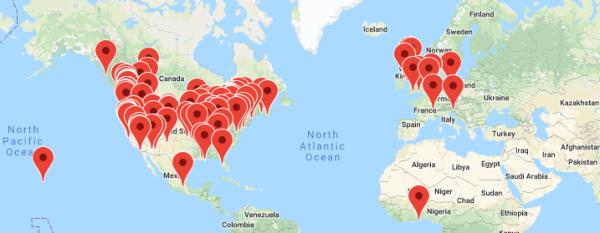Are Library of Tools and Things still missing in Europe?
After three years? Really?
Three years ago, as part of my work in the Digital DIY Project, I wrote about the The “Library of (DiDIY) Tools and Things” Movement and asked:“Is this movement still missing in Europe?". Here I repost a synthesis of that article, and explain why I am doing it.
What is a “Library of Tools and Things”?
A “Library of Tools and Things” is a space that “gives people access to a huge spectrum of items, from board games, party supplies and tennis rackets to saws, kitchen appliances, turntables, clothing and tents, without the burden of ownership."
For the specific research goals of the DiDIY Project, the most interesting Libraries of Things were those that provide access to (digital) DIY tools, from solders and oscilloscopes to “old-fashioned” electric lathes or drills. The reason was the one discussed in this article at Shareable:
The reason, quoting from the comments to “Library of Things… changing how we think about stuff” is that
“tools are can have amazing positive impacts on the community–especially in mixed-income areas. We’ve seen affordable access to tools allow people to maintain/repair their homes, grow their own food, work with neighbors on restoration and improvement projects and even start new jobs and businesses. They are great for community resilience overall.”
Where are the EUROPEAN Libraries of Tools and Things?
Back in 2016, I looked at the online “Map of Tool Libraries and Libraries of Things” and found out that “for some reason, Libraries of Tools and Things seem much less common in Europe than in North America”:

this was the situation in August 2016..
</em></u>
That, in 2016. But I checked the same map this morning, in September 2019, and this is the result:

...and this is now (September 2019)
</em></u>
Same situation. So let me ask again what I asked in 2016: “Is this really the case? If so, what are the reasons? Please let me know!"
Who writes this, why, and how to help
I am Marco Fioretti, tech writer and aspiring polymath doing human-digital research and popularization.
I do it because YOUR civil rights and the quality of YOUR life depend every year more on how software is used AROUND you.
To this end, I have already shared more than a million words on this blog, without any paywall or user tracking, and am sharing the next million through a newsletter, also without any paywall.
The more direct support I get, the more I can continue to inform for free parents, teachers, decision makers, and everybody else who should know more stuff like this. You can support me with paid subscriptions to my newsletter, donations via PayPal (mfioretti@nexaima.net) or LiberaPay, or in any of the other ways listed here.THANKS for your support!